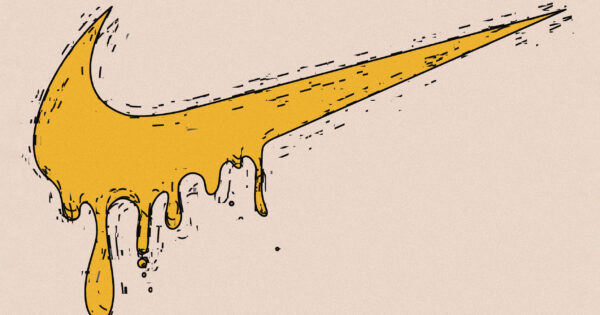When Humor Hurts: Playful Ribbing or Malicious Ridicule?
Humor is a powerful tool that can bring people together, create bonds, and lighten the mood in difficult situations. However, there is a fine line between playful ribbing and malicious ridicule. When humor crosses that line, it can have serious consequences on the mental and emotional well-being of individuals.
The Difference Between Playful Ribbing and Malicious Ridicule
Playful ribbing is a form of teasing that is meant to be light-hearted and fun. It is usually done between friends or family members who have a strong relationship and understand each other’s boundaries. The intention behind playful ribbing is not to hurt or offend, but rather to create a sense of camaraderie and connection.
On the other hand, malicious ridicule is a mean-spirited form of humor that is intended to belittle, demean, or humiliate someone. It often involves making fun of a person’s appearance, intelligence, or other personal characteristics in a way that is hurtful and damaging. Malicious ridicule can have a lasting impact on a person’s self-esteem and mental health.
The Impact of Malicious Ridicule
When humor takes a dark turn and becomes malicious ridicule, the consequences can be devastating. Victims of malicious ridicule may experience feelings of shame, embarrassment, and self-doubt. They may start to internalize the negative messages they receive and believe that they are unworthy or unlovable.
In some cases, malicious ridicule can lead to serious mental health issues such as depression, anxiety, and even suicidal thoughts. It can erode a person’s sense of self-worth and make them feel isolated and alone. The impact of malicious ridicule can be long-lasting and difficult to overcome.
How to Recognize When Humor Crosses the Line
It is important to be aware of the signs that humor has crossed the line from playful ribbing to malicious ridicule. If a person is repeatedly making hurtful jokes at someone else’s expense, ignoring their boundaries, or targeting their insecurities, it may be a sign that their humor is no longer in good taste.
Additionally, if a person’s humor is making others feel uncomfortable, upset, or offended, it is important to address the issue and set clear boundaries. Everyone has the right to feel safe and respected, and malicious ridicule has no place in a healthy relationship or environment.
Conclusion
Humor is a powerful tool that can bring joy and laughter into our lives, but it is important to use it responsibly. Playful ribbing can create a sense of camaraderie and connection, while malicious ridicule can cause harm and damage to individuals‘ mental and emotional well-being.
It is essential to recognize when humor has crossed the line and to take action to address the issue. By setting clear boundaries, advocating for respect and kindness, and speaking up when necessary, we can create a more positive and inclusive environment for everyone.
FAQs
1. How can I tell if humor is playful ribbing or malicious ridicule?
Pay attention to the intentions behind the humor. Playful ribbing is meant to be light-hearted and fun, while malicious ridicule is mean-spirited and hurtful. If a person’s jokes are making you feel uncomfortable or upset, it may be a sign that their humor has crossed the line.
2. What should I do if I am the target of malicious ridicule?
It is important to speak up and address the issue directly. Let the person know that their behavior is hurtful and ask them to stop. If the behavior continues, consider seeking support from a trusted friend, family member, or mental health professional.
3. How can I create a more positive and inclusive environment?
Set clear boundaries around what behavior is acceptable and what is not. Advocate for respect, kindness, and empathy in your relationships and interactions. Take a stand against malicious ridicule and support those who may be experiencing harm from hurtful humor.




